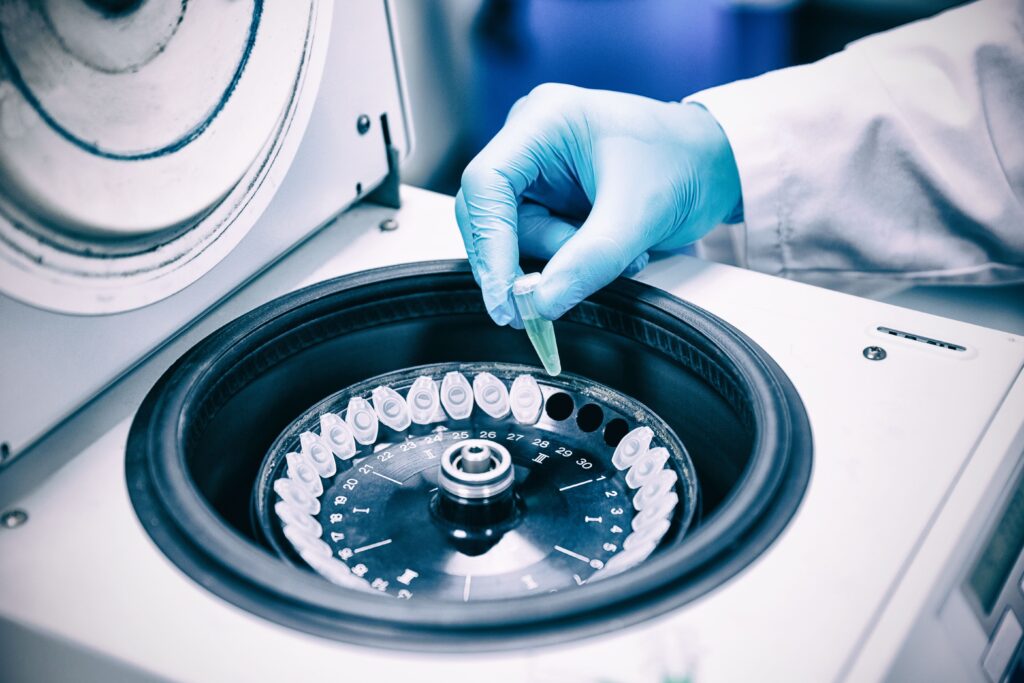Pure MHC transforms immunologic drug target discovery and validation into practical applications for therapeutic use, diagnostics, and pre-clinical assay development.
TECHNOLOGY
Access to Single Specificity HLA
Soluble HLA (sHLA) is Pure MHC’s key enabling technology that allows for the expression of a pure source of HLA in a diseased cell of choice. Using sensitive mass spectrometry techniques referred to as Deep Ligand Sequencing, Pure MHC compares thousands of peptides recovered from HLA complexes extracted from cancer, infected, and normal cells and then determines with high confidence which peptides are unique (and therefore represent novel disease targets) to the affected cell line or primary tissue. This analysis is undertaken without bias toward or against any protein or peptide (which Pure MHC terms “usual suspects”) previously known or suggested to be associated with the disease state under investigation.
Adaptability to Multiple Therapeutic Modalities
Biomarkers discovered by Pure MHC represent nature’s own means of marking diseased cells for elimination, and our targets can be used with multiple immunotherapeutic approaches or modalities to achieve therapeutic effect, including TCR, CAR-T, bispecific antibodies, t-cell eliciting vaccines, antibody drug conjugates, etc.

Epitope Discovery
Pure MHC has the ability to discover novel epitopes and validate “usual suspect” epitope targets such as NY-ESO-1/gp100/MART/MAGE that are presented by HLA on the diseased cell or primary tissue of interest, thus identifying viable targets that can distinguish affected versus healthy cells/tissue.
In addition, Pure MHC can identify HLA immune targets directly from tumor tissue and from the blood. Thus, Pure MHC uses both in vitro and in vivo immune target discovery systems.
Pure MHC’s epitope discovery technology is the only technology that can identify peptide epitopes that are both: 1) unique to or upregulated in the affected state, and 2) compared to and validated as ligands presented by HLA molecules on primary tissues of interest.
In addition, Pure MHC can identify HLA immune targets directly from tumor tissue and from the blood. Thus, Pure MHC uses both in vitro and in vivo immune target discovery systems.
Pure MHC’s epitope discovery technology is the only technology that can identify peptide epitopes that are both: 1) unique to or upregulated in the affected state, and 2) compared to and validated as ligands presented by HLA molecules on primary tissues of interest.
The Pure MHC Epitope Discovery Process:
- Identifies high quality targets
- Utilizes the capabilities to study all 120 Class I HLA alleles, as well as Class II, non-classical HLA molecules
- Allows access to intracellular targets
- Validates, rather than predicts, that target is “actually” expressed
- Is agnostic to previously reported targets
- Overcomes heterogeneity in tumors and pathogen strains
